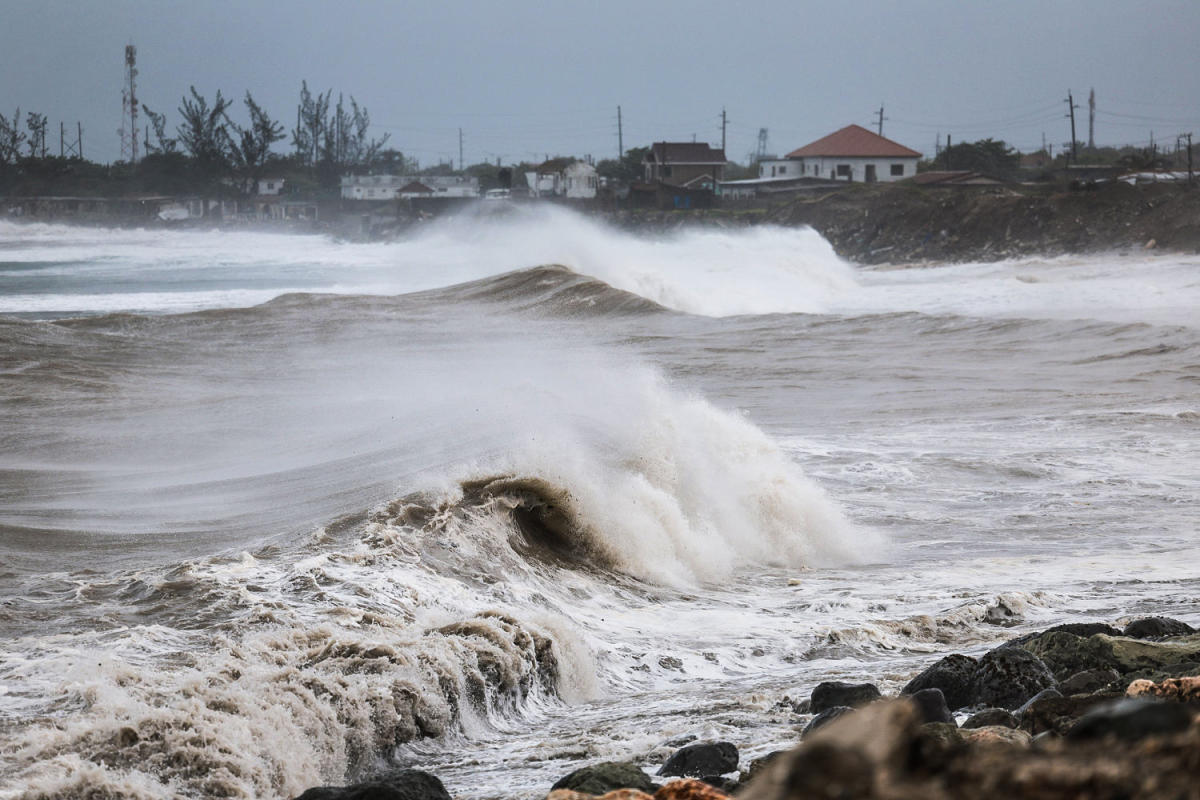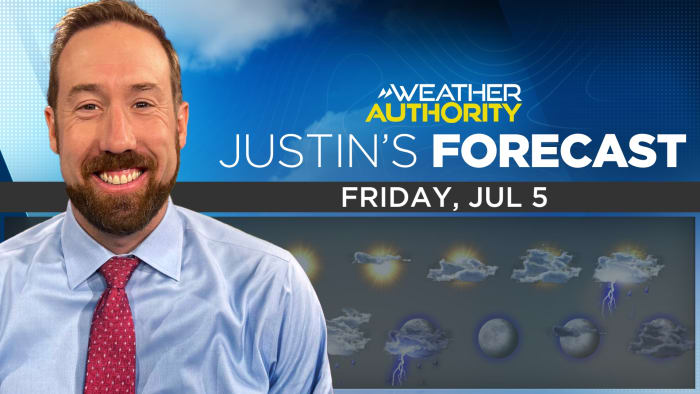
Hurricane Beryl, a powerful storm that had weakened to a Category 2 but later regained strength to become a Category 3 hurricane, made landfall on Mexico's Yucatán Peninsula on July 5, 2024. The storm brought dangerous winds and heavy rain to the region. According to multiple sources, including Yahoo News and KSAT, Hurricane Beryl had already caused nine deaths in Venezuela, Jamaica, Grenada, and St. Vincent and the Grenadines before making landfall in Mexico.
The hurricane made landfall northeast of Tulum early on July 5. Mexican President Andrés Manuel López Obrador urged people to move to higher ground or shelter elsewhere as landfall was projected for Tulum, according to Yahoo News. The storm had maximum sustained winds of 115 mph at the time of landfall.
The National Hurricane Center issued hurricane warnings for the coast of Mexico's Yucatán Peninsula from Puerto Costa Maya to Cancún, including the island of Cozumel. Landfall was projected for Friday morning, but damaging winds and powerful waves produced by the large storm were expected to hit the peninsula before then.
The storm is forecast to weaken after landfall and move toward northeastern Mexico or southern Texas. According to KSAT, a shift in Beryl's position overnight had shifted its potential track farther east, which could bring direct impacts as far north as Corpus Christi if it stays over water longer. However, this would also place San Antonio on the drier side of the storm and result in lower rainfall totals.
Rain chances returned on Saturday afternoon with isolated showers and storms possible across Texas, according to KSAT. The best chances for rain were expected to be north of Highway 90 and Interstate 10. Rainfall totals were predicted to vary significantly depending on Beryl's exact path.
The formation and strength of Hurricane Beryl set records, as it was the first Category 4 hurricane on record to form in June and the earliest Category 4 storm of the Atlantic hurricane season. When it strengthened to a Category 5 storm with maximum sustained winds of 165 mph, it became the strongest hurricane ever recorded in July.
American tourists in Mexico were hunkering down and hoping for minimal damage, while flights in and out of the region remained canceled. Some tourists reported that their hotels had stopped serving alcohol by order of the Mexican government as a precaution.
This article was originally published on NBCNews.com, KSAT, and The New York Times.

